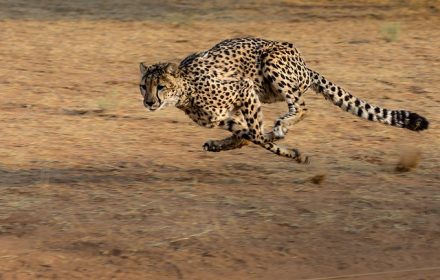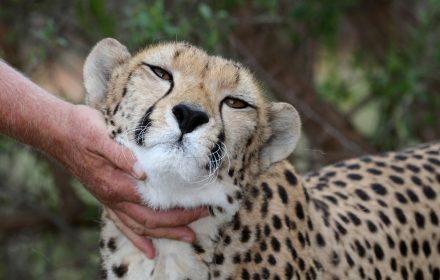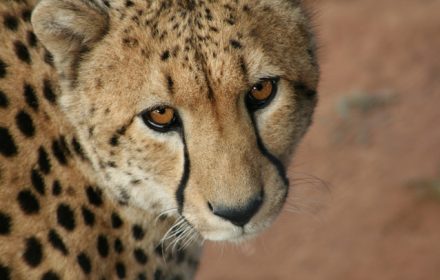The Jamaican sprinter Usain Bolt, remarkably won the gold medal nine times at the Olympics. People often wondered how the record-breaking runner, Usain Bolt, would fare against a cheetah. The animals even have an acceleration rate rivaling that of the sports car, Lamborghini. Because cheetahs are so fast, photographing them at that speed is nearly impossible. But the National Geographic did it when its Channel conducted a virtual race between Sarah, the cheetah, and Usain Bolt. They were curious to know what would have happened if the animal took part in the 100m final of the World Championship in 2009.
June 15, 2023
Anybody involved in the study of cheetahs, the fastest sprinter in the world, would agree that pet cheetah is not a new phenomenon. Human beings have been keeping cheetahs not only as pets but also for various other reasons for thousands of years. Historical records indicate that Persian and Egyptian royalty often kept them in their palatial courts. As a result, cheetah dealers, trappers, and tamers were well paying jobs. But those times when cheetahs roamed abundantly in the African prairies and jungles have changed. Various factors brought on by both nature and humans have negatively affected its population numbers.
The wealthy Arabs in the Middle East relish in having a cheetah. They think having a cheetah makes them look important. People boast about owning these exotic pets. Cheetahs are obtained both legally and unlawfully, bought at auctions, or found in the wild. The Wildlife Trade Cheetah Conservation estimates that the illegal market for pet cheetahs in Saudi Arabia, Kuwait, UAE, and Qatar provide a steady supply of 300 cubs a year. The global wildlife summit has been the most active as it tackles the pet trade mainly because the smuggling of cheetahs into the Gulf States has been increasing.



